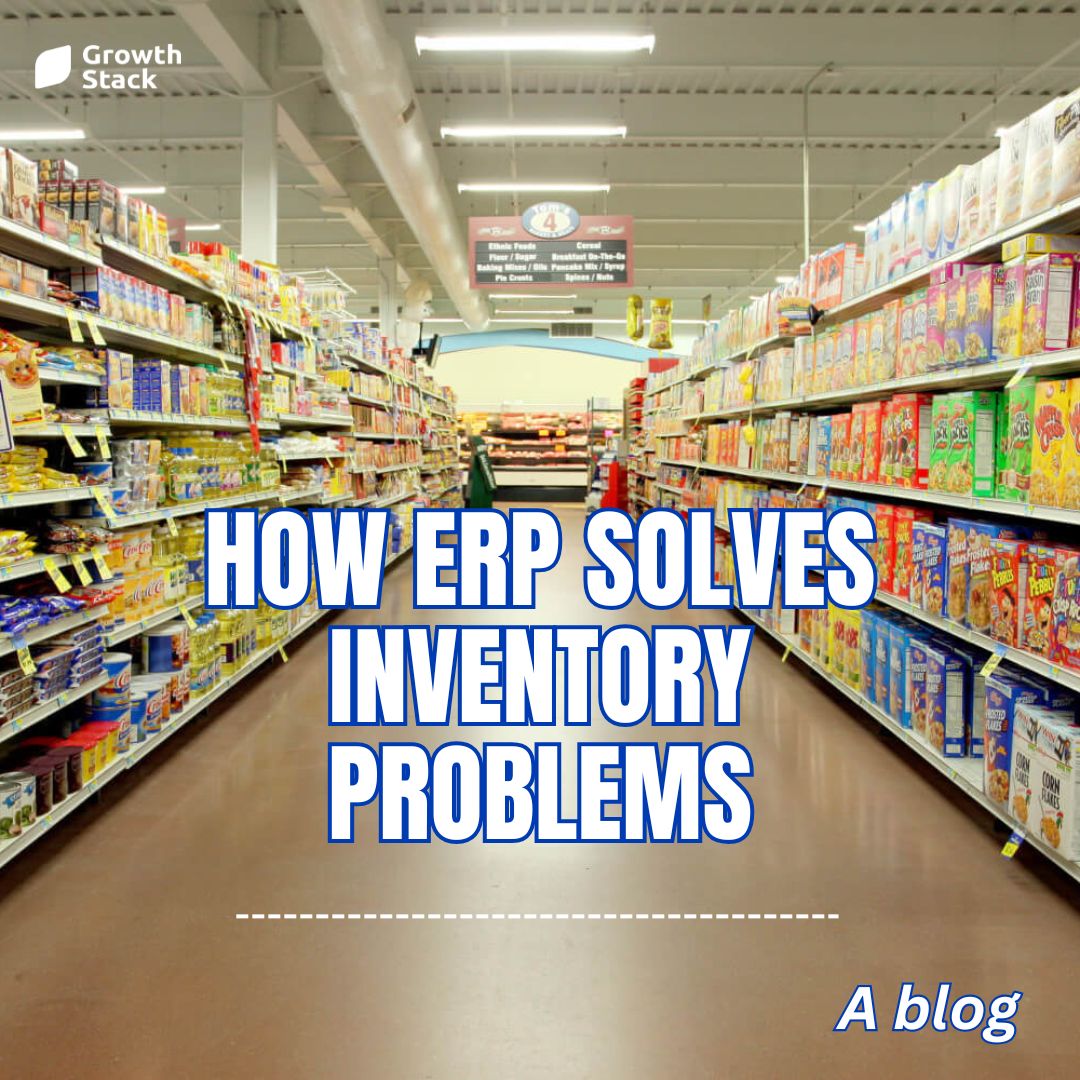The truth is that business automation is a rather nebulous concept in a vast sector. This ambiguity, combined with the Rise of the Machines, frequently results in confusion and the spread of a few prevalent falsehoods.
Automation, in actuality, can refer to anything from marketing to provisioning to invoicing to financing, and everything in between. We’re here to dispel the most common misunderstandings about the sector and the wide range of items available.
Myth #1: It’s all about reducing costs and saving money.
Explanation: While cost reduction is one of the numerous advantages of corporate automation, it should not be the major motivator.
Truth: Business automation, in truth, is about automating manual, repetitive operations in order to boost efficiency and productivity. It will lower your overall cost per work while also freeing up your formerly overburdened personnel to develop and add real value to your company.
The benefits to your company will far outweigh the cost savings you’ll see.
Myth #2: My job will be taken away by automation.
Explanation: This is perhaps the most widely held belief: that by automating processes, employees will be made redundant.
The truth is that business automation will not rob you of your job. According to a new KPMG research, it will “increase efficiency, decrease and prevent redundancies, and improve overall service quality.”
The research goes on to say that business automation empowers IT teams to be more than just infrastructure managers, allowing them to become the drivers of enterprise-wide services.
Also, all automation does is take those tedious “requests and fulfill” duties and automate them. Taking them off your hands and allowing you to focus on more important things.
Myth #3: It will solve all of my issues.
Explanation: Automation is thought to be a miracle medicine that can solve all of your issues.
Automation is, once again, a workflow engine. It will assist you in becoming more productive by reducing the amount of time you spend on repetitive chores such as calculating and sending out monthly bills.
We’re still a few years away from H.A.L-style artificial intelligence, so automation won’t make non-programmed judgments for you or help you handle your daily business difficulties.
Myth #4: It’s very expensive, especially for a small business
Explanation: “It would be fantastic, but I can’t possibly afford it.”
Truth: When seen as a product, automation can appear to be costly. When seen as a long-term investment, however, the expense becomes a component of your overall operating costs as a necessary business tool.
Keep in mind that the solution you choose will automate your company’s heart. You may reduce costs, save time, and increase productivity by automating frequently recurring operations (even by employing some of these basic tips). All of those actions are adding value to your company that you would not have had otherwise.
This is particularly true for small organizations, when a small workforce must accomplish large tasks rapidly and at the lowest possible cost. Automation can assist with this and is a wise investment.
Myth #5: I shouldn’t bother modifying our current methods because they work.
Explanation: The processes you’ve put in place are already functional and well-balanced. You don’t want to poke them in the eye.
Another aspect to consider is that one of the most important factors in determining a company’s success is its ability to adjust to changes in our (let’s face it) rapidly changing economy. Your current methods may be effective, but are they holding you back? Are you able to quickly modify to meet the needs of your customers?
Automated processes are adaptable, allowing your organization to adjust and develop as needed.
Conclusion
So there you have it: our 5 most prevalent business automation fallacies debunked. I hope we were able to disprove the most popular ones. If you have any other questions, comments, or misconceptions to add to the list, please leave them in the comments section below; we’d love to hear from you. Feel free to work with Growth Stack in your new ERP Software Implementation.








